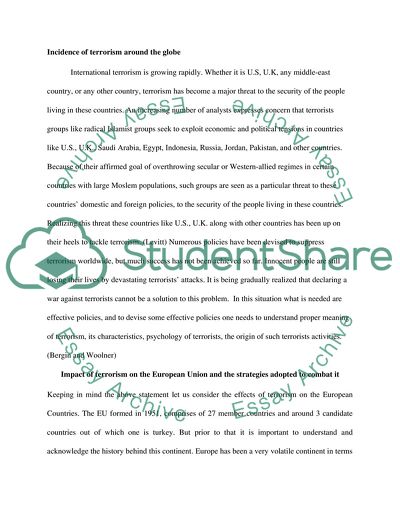Cite this document
(“The European Union National Security After 9/11 Essay”, n.d.)
The European Union National Security After 9/11 Essay. Retrieved from https://studentshare.org/social-science/1551342-the-european-union-national-security-after-911
The European Union National Security After 9/11 Essay. Retrieved from https://studentshare.org/social-science/1551342-the-european-union-national-security-after-911
(The European Union National Security After 9/11 Essay)
The European Union National Security After 9/11 Essay. https://studentshare.org/social-science/1551342-the-european-union-national-security-after-911.
The European Union National Security After 9/11 Essay. https://studentshare.org/social-science/1551342-the-european-union-national-security-after-911.
“The European Union National Security After 9/11 Essay”, n.d. https://studentshare.org/social-science/1551342-the-european-union-national-security-after-911.


